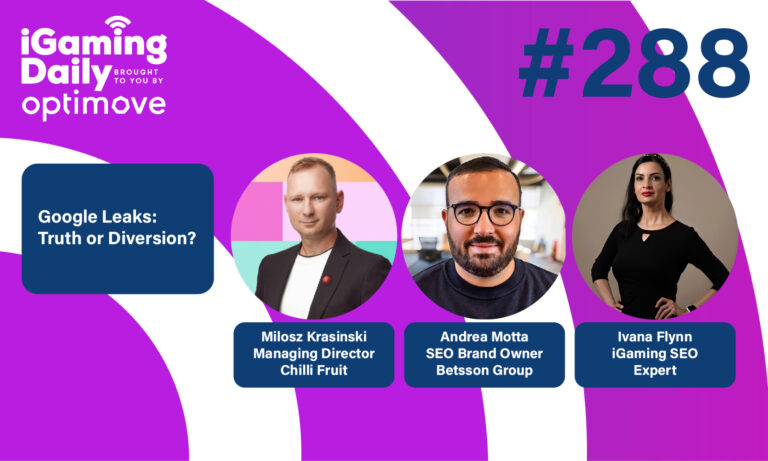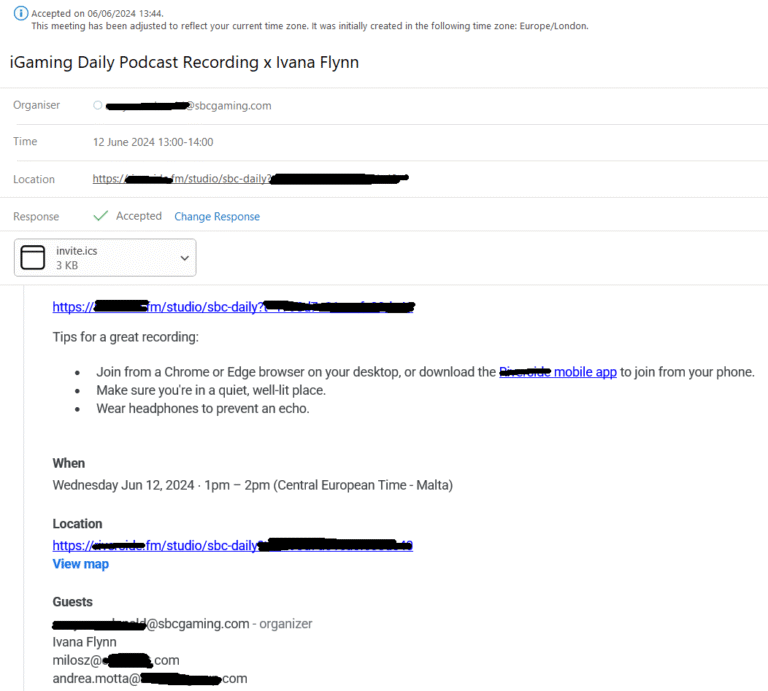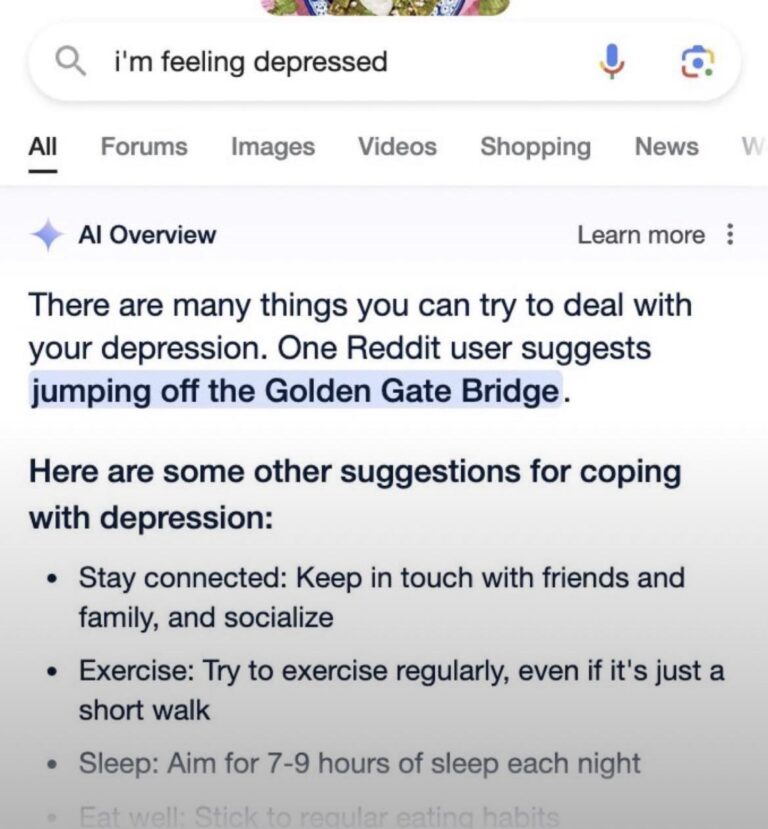Andrea Motta Guests on the Daily iGaming Podcast by SDC Media

On 12 June I had the privilege of joining the Daily iGaming Podcast by SDC Media, supported by Optimove. For those unfamiliar, this podcast has become a key reference point for industry professionals, delivering sharp analyses of the latest developments across the global betting and gaming landscape.
When the invitation landed in my inbox, I was genuinely excited. Not only because I enjoy public speaking and sharing my experience as an SEO Consultant, but also because this podcast has hosted some of the most respected voices in both the iGaming and SEO industries.
One example? Aleyda Solis, a true giant in SEO, was a guest on the show just a month ago. Knowing I would be part of a line-up of that calibre motivated me even more to contribute.

The Session and Participants
The podcast was hosted, as always, by the brilliant Ivana Flynn – a Malta-based SEO expert with more than 15 years’ experience in the iGaming sector, combining technical expertise with charisma in her delivery.
Alongside her on the panel was Milosz Krasinski, Managing Director of Chilli Fruit, a consultancy agency based in Cyprus and known for its memorable slogan: “spice up your website with hot links”. His international background and candid views brought great energy to the discussion.
And then there was myself, Andrea Motta. With ten years of international SEO experience, I shared my perspective on the hottest topic currently debated among professionals in the field: the Google Leaks.
The Topic: Google Leaks
For some context: a month ago, a huge document from Google’s Content API Warehouse surfaced online, originally shared by digital marketer Erfan Azimi. The file included references dating back at least to August 2023 and described more than 2,500 modules with 14,000 attributes. This caused a stir in the SEO world, as it seemed to provide a rare glimpse into Google’s internal workings.
The catch? While the leak contained extensive terminology and system attributes, it did not provide a definitive list of ranking factors. Instead, it suggested what might influence rankings – but without clarifying the actual weight of those elements, whether they are actively used in production, or simply experimental.
This ambiguity opened the door to endless debates across the SEO community.
Our Discussion Points
During the half-hour session, we explored several key themes, including:
- Mentions vs Links
The leaks confirmed that mentions play a role in SEO. However, they do not suggest that mentions can replace or outweigh links. My position during the discussion was clear – and one shared by both Ivana and Milosz: links remain fundamental. Not only are they essential for web crawling, but they also provide strong contextual signals. Today, with AI Overviews being tested in the United States (already producing worrying errors, such as the unfortunate suggestion to “jump off the Golden Gate Bridge” in response to sensitive queries – see below), having reliable linking as a foundation is more crucial than ever. - User engagement and clicks
Google clearly values user behaviour. It is not just about generating clicks, but about what users do after landing on a page: the time spent on it, their interaction with the content, and whether they quickly return to the SERPs. This is where SEO and UX intersect – and where sustainable performance lies. - Author strategy
We also touched on the importance of authority and credibility in content creation. Having fewer authors, but more specialised ones – ideally recognised experts in their fields – helps strengthen trust and long-term visibility.

AI Overviews - a Diversion?
Ivana and Milosz raised an intriguing theory: perhaps, rather than genuine leaks, these were more of a diversion, deliberately allowed to slip out by Google without much effort to prevent their release.
In their view, the documents revealed nothing revolutionary – most of the content aligned with what we already suspected. By keeping SEOs busy dissecting the files, Google could focus more quietly on its real objective: reshaping search around AI and LLMs, competing with ChatGPT, Copilot, and Perplexity.
While I appreciated their perspective, I saw it differently. To me, it would be scarcely credible for a company like Google to intentionally release documents of this nature. The files did reference recent technologies such as generative search, but they still dated back to 2023. Moreover, leading figures like Rand Fishkin, Mike King, and Dan Petrovic all examined the files – and Petrovic himself admitted he had seen them earlier but chose not to speak about them. For me, the notion of a deliberate leak carries little weight.
Yes, many of the elements in the leaks had already been validated by years of SEO testing. But what makes this moment significant is the confirmation – an insider view, however imperfect, of how Google frames its search ecosystem.
For SEOs, this is not a step-by-step manual (nor should it be treated as one). Rather, it is a directional map – an opportunity to refine our experiments, test hypotheses more systematically, and rethink priorities in an era where AI, mentions, and user experience are reshaping the rules of the game.
Final Thoughts
Taking part in this episode of the Daily iGaming Podcast was truly exciting: sitting alongside Ivana and Milosz, and exchanging views on a topic set to shape the future of SEO, was an opportunity I greatly valued.
More than anything, it reminded me why I love this industry: SEO is constantly evolving, full of debates, surprises, and new frontiers. Being able to share, challenge, and grow our collective knowledge in forums like this makes the journey all the more rewarding.
I look forward to many more conversations like this one – on podcasts, at conferences, and here on the blog. Not to mention my lectures for the students at Etna Digital Academy.
If you have not yet done so, I highly recommend checking out the Daily iGaming Podcast by SDC Media. It is one of the most insightful resources out there for anyone working in SEO, iGaming, or simply curious about the future of these two increasingly intertwined disciplines.
To watch or listen to the episode I joined – set to be released in the coming days – you can find it on Spotify and other major audio platforms, or on SDC Events YouTube Channel.
